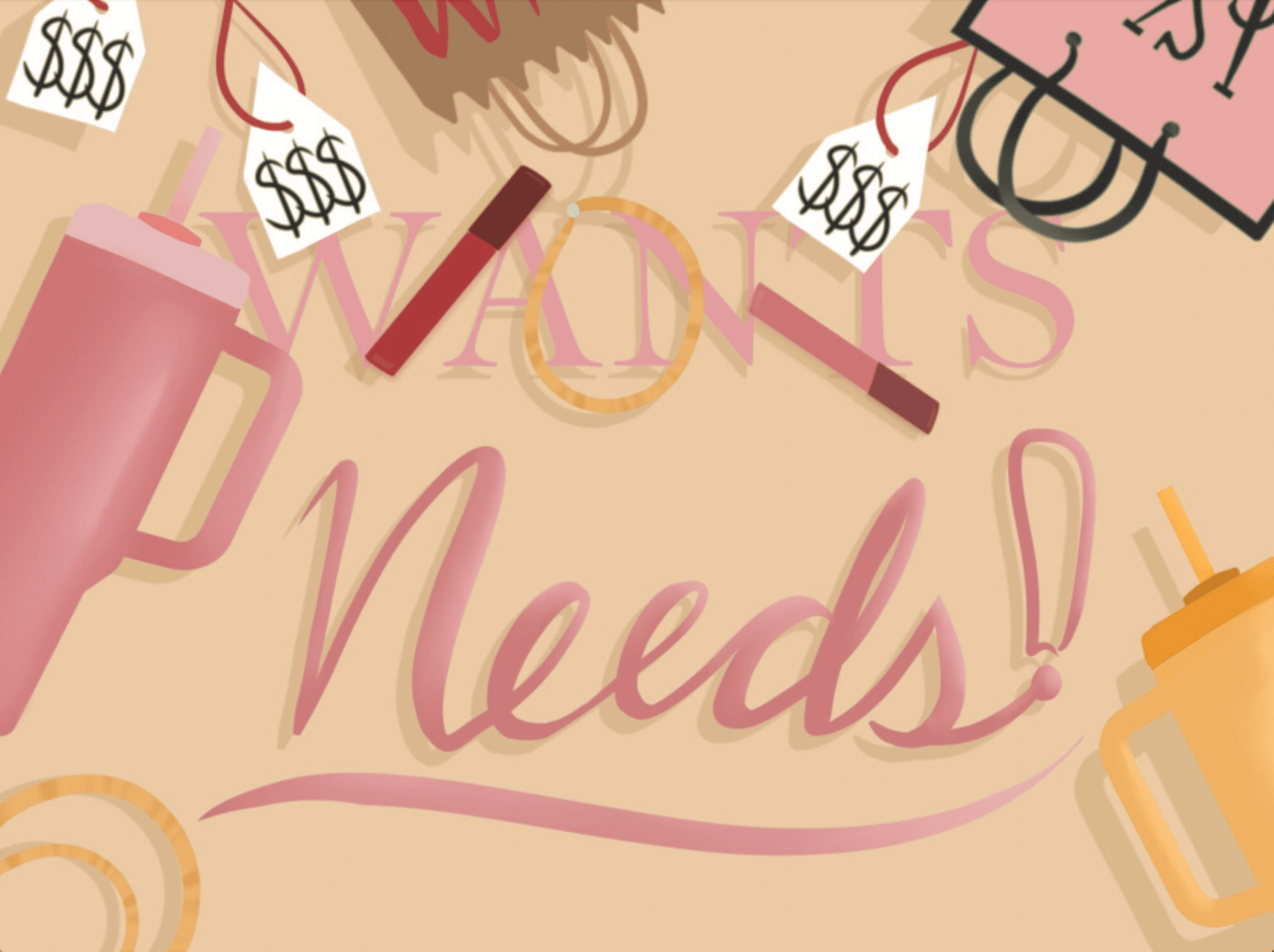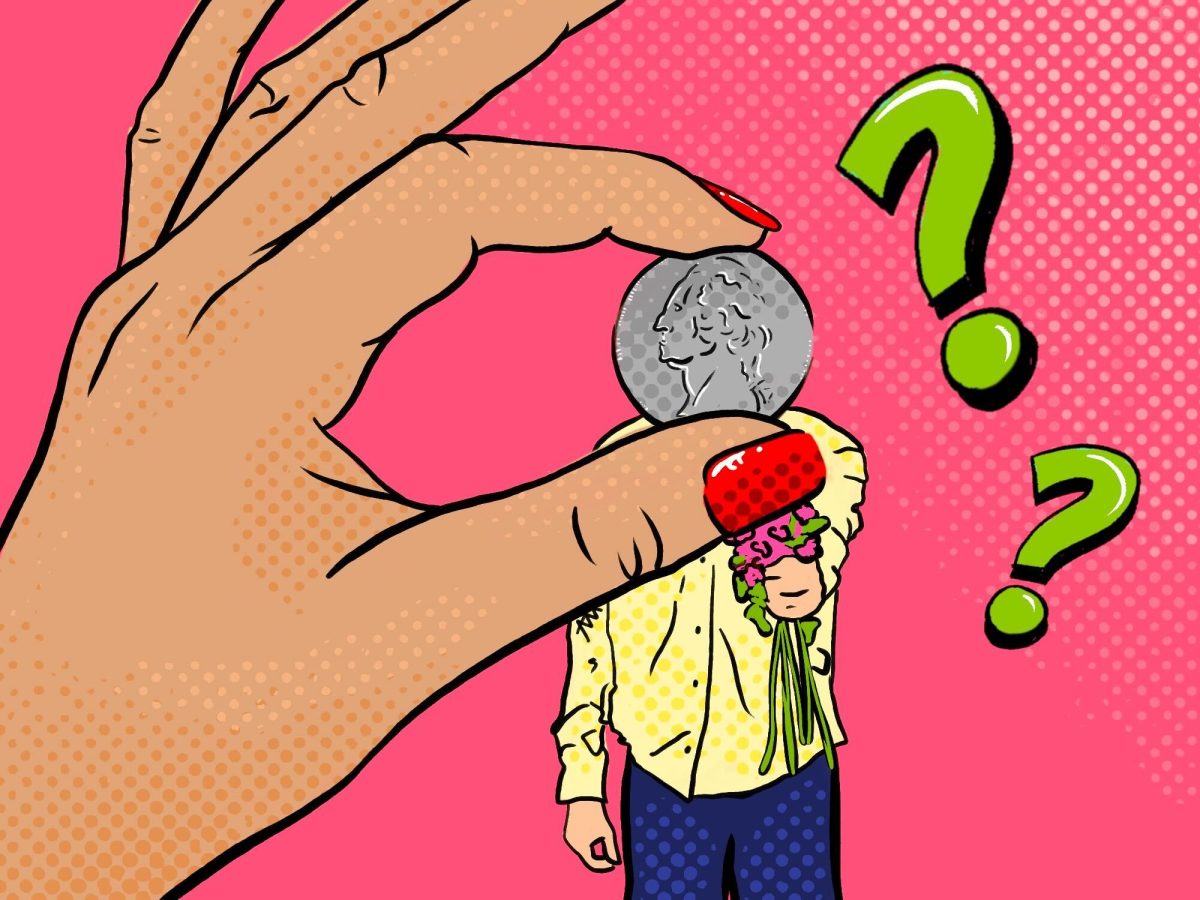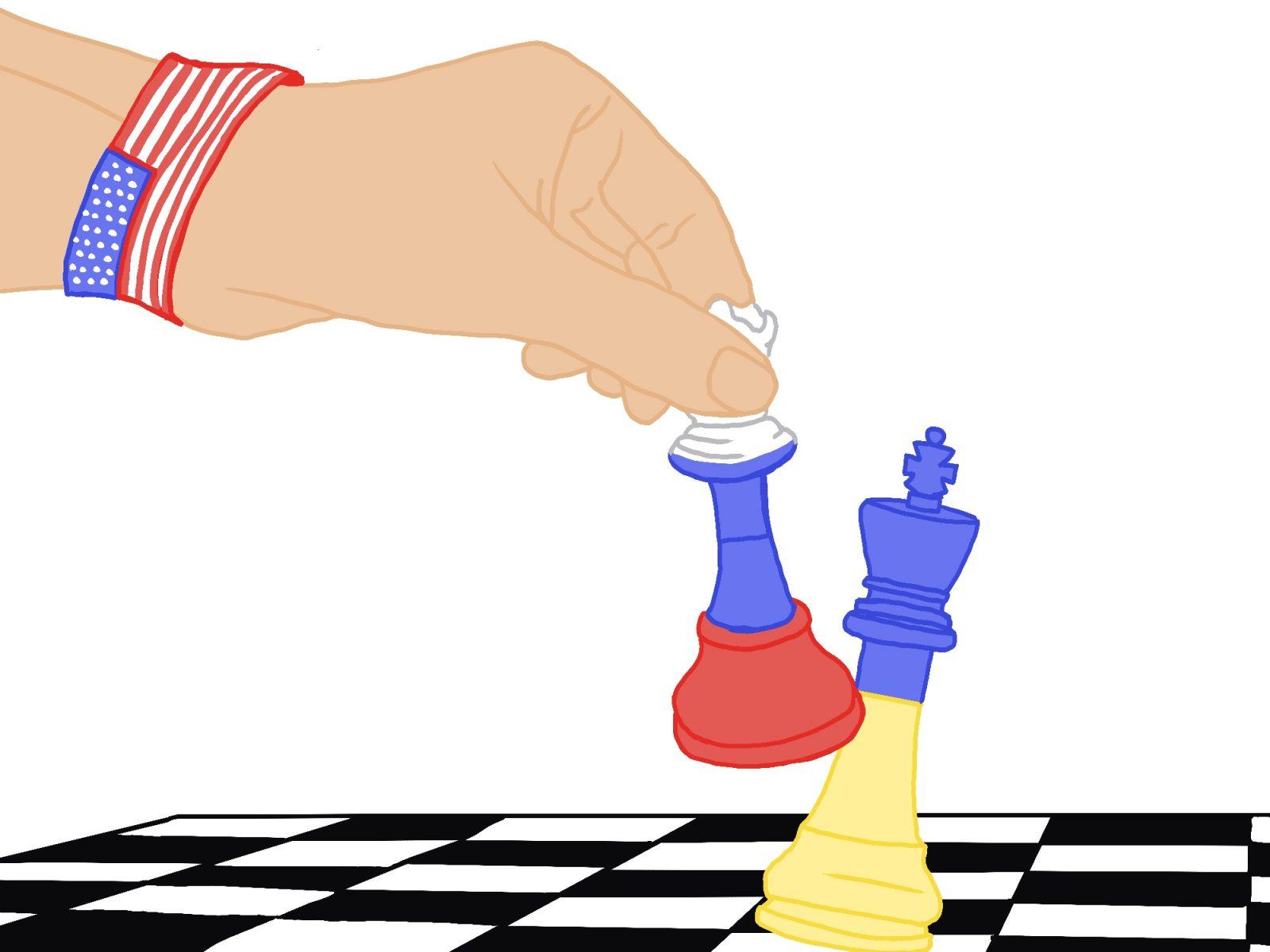I was scrolling through TikTok the other night, and almost automatically, I came across an advertisement for a random product. After seeing that ad, I decided to count the number of advertisements I encountered during my time on the app.
Honestly, I almost always scrolled past them and mentally put them in the category of “not interested.” But as I kept going, I realized the endless stream of influencer promotions wasn’t just present in my algorithm — it was subtly affecting my thoughts about what I needed, wanted or even deserved.
Each video, with its innovative products and promising endorsements, felt like an invitation to join a lifestyle that would allow me to become a little more like the influencers who seem to have it all. Social media normalizes excessive spending beyond the necessities. Influencers promote sponsored content under the guise of personal recommendations, displaying unboxings that make it all look effortless yet necessary.

The appeal is quick but short-lived, leaving many with regret, mounting credit card debt, piles of impulsive purchases that quickly lose their appeal and the constant stress of keeping up with a culture that never stops consuming.
Hauls, in particular, cultivate a surface-level feeling that a full, happy life is just one shopping spree away. But for some viewers, trying to pursue these trends leads to financial strain. They end up with an endless pile of packages arriving at the door, each one with its own price tag and more interest on a credit card. impulsive
Buying what’s trendy today only to discard it tomorrow — in the hope that the next item will bring satisfaction — can trap people in cycles of spending and debt, constantly reaching but never quite arriving at that elusive feeling of being enough.
The constant pressure to keep up with what’s trending is also an emotional strain. This culture of comparison, where self-worth feels tied to what you own, leaves people dissatisfied and unfulfilled, even with closets full of things. It feeds into a consumer mindset that’s hard to break free from, where the next best thing is just a click away.
As we watch an influencer waving at us with a countless miracle product, it’s worth asking: are we really satisfied, or are we just chasing the high of the next purchase?
And is the price we’re paying in debt, stress and self-worth worth the minutes of excitement about new things? Maybe the most radical thing we can do is stop scrolling, step back and remember that our worth can’t be found in a shopping cart.





















































































































julia kasdorf • Nov 12, 2024 at 8:07 am
You highlight how crazy our spending loops can be. Another good reason to stop mindless, influencer-based spending is because of the cost to the planet. I am participate in the destruction too but becoming more aware. Fuel to make the item, water resources required, plastic in the item and in the packaging, and then the ocean has to deal with this when we chuck it all away.